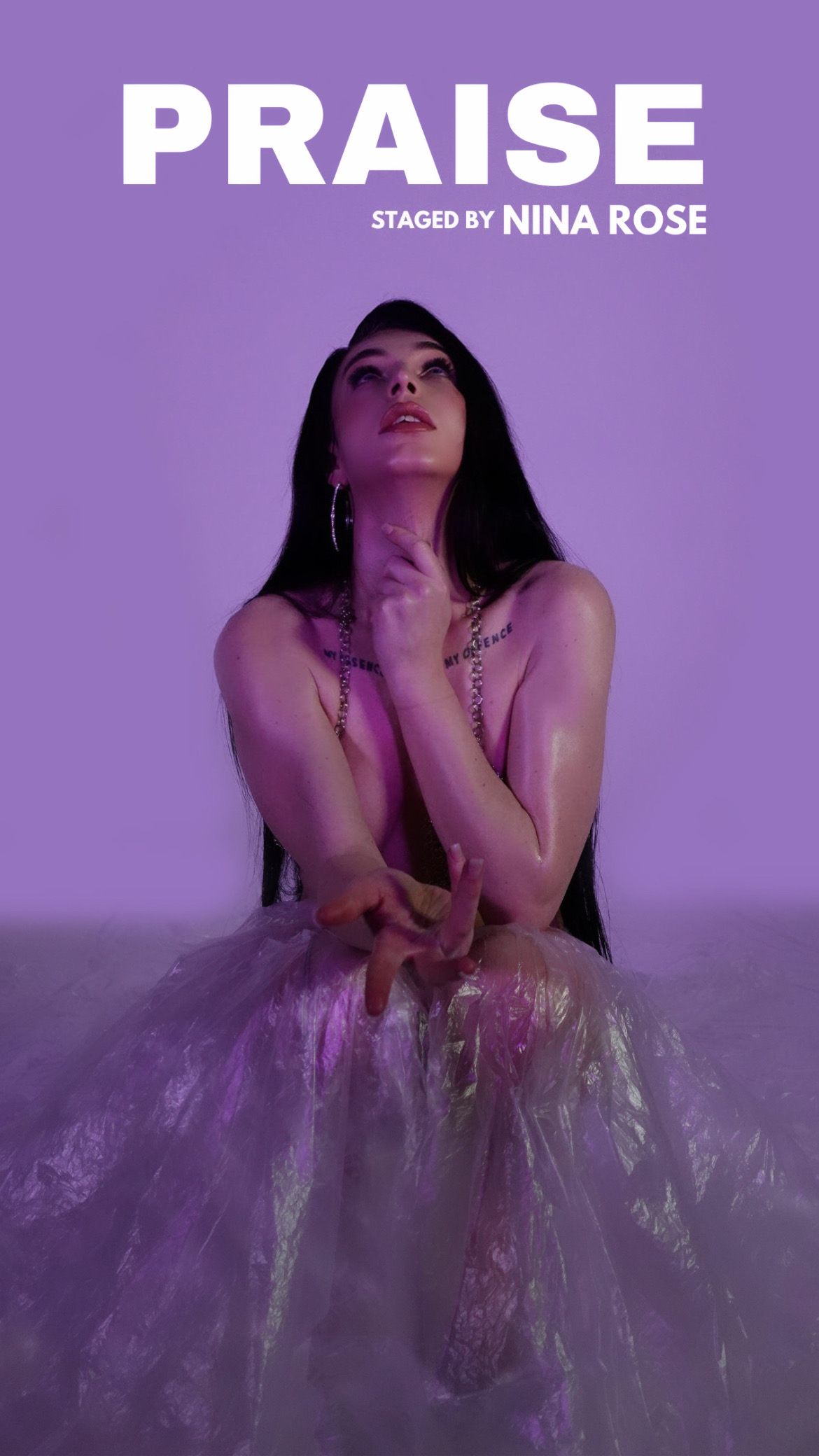“My first contact with the scene in Brussels was in 2020, when I took part in a training session organized by For All Queens. This was just before my transition, and although I didn’t fully understand the culture at the time, I knew it was part of me.”
 @carl3ly
@carl3ly
“During my transition I was supported by my ‘big sisters’ Tara and Nalia. Tara helped me understand my identity as a trans woman and encouraged my entry into ballroom in Paris, a turning point. Even though I was new to the competition, I was warmly welcomed and found my place in the community. I quickly rose through the ranks, becoming ‘Belgian Princess’ in the former Kiki House of Valentino. But I felt as though it was too early for me, so I left the House and became a 007. In the Major Scene I joined the Iconic House of Revlon, which taught me a lot. I’m grateful for this knowledge. This house pushed me to work, walk and represent my categories. The chapter has closed now. In 2023 I walked around Europe and won lots of grand prizes.”
“Ballroom is more than just a competition. It is a culture. As a guest in this scene I strive to respect and support the POC community while upholding the values of acceptance and celebration of diversity. Fighting Aids and HIV is important and taking care of the Fem Queens and the sex workers is very important in the scene, because ballroom was created by Femqueens for Femqueens.”
“Ballroom has always been a refuge for me, especially during my depressive phase after being diagnosed HIV positive in 2019 and having no relationship with my biological family. The stage allowed me to find a sense of understanding as I went through my transition while trying to deal with HIV. Watching performance clips from the House of Revlon and others inspired and comforted me in those dark times. For me, ballroom represents a place where I can be myself without fear of judgment, where I find the strength and support I need to face life’s challenges as a trans woman and sex-worker living with HIV. Ballroom is a safer space that celebrates those cast aside by society.”
“Brussels’ scene is evolving, but it still lacks resources and dedicated spaces. I’m actively trying to create these opportunities, particularly by organizing open practices and events specifically for trans women. But that’s not enough. We are looking for spaces and opportunities to create more workshops, balls, and community moments.”
“When talking about ballroom, most people think it’s very closed-off, but that’s not the case. Everybody’s welcome as long as they respect the culture, the elders, and educate themselves. If I had to give one piece of advice, it would be to respect and support the ballroom culture and elders, learn and engage with the culture, and to recognise the transformative power it can have on individuals and communities. And most importantly, to not appropriate the culture”
You may also like
-

Laugh, Love, and Friendship: Atout Comedy Club Brings Queer Joy to Brussels
Forget Valentine’s Day clichés—this year, Brussels’ queer comedy scene is celebrating friendship instead of romance. On Friday, February
-

Motherland: A Chaotic Cabaret That Mirrors Belgium Itself
What if Belgium were a drag show?That’s the question at the heart of Mère Patrie, a
-

Adriano Selva: The Soulful Pop Dreamer Who Feels It All
In a world that often rewards detachment, Adriano Selva chooses to stand beautifully exposed. His
-

Splinters of Joy: Lylybeth Merle’s Eco‑Queer Fairy Tale of Transition and Healing
Lylybeth Merle’s new book Échardes (“Splinters”), out in February 2026, is a tender, defiant journey through gender,
-

Bad Bunny Makes Grammys History — and Turns the Stage Into a Political Movement
It was a night that rewrote the rules of pop culture — in Spanish. At

